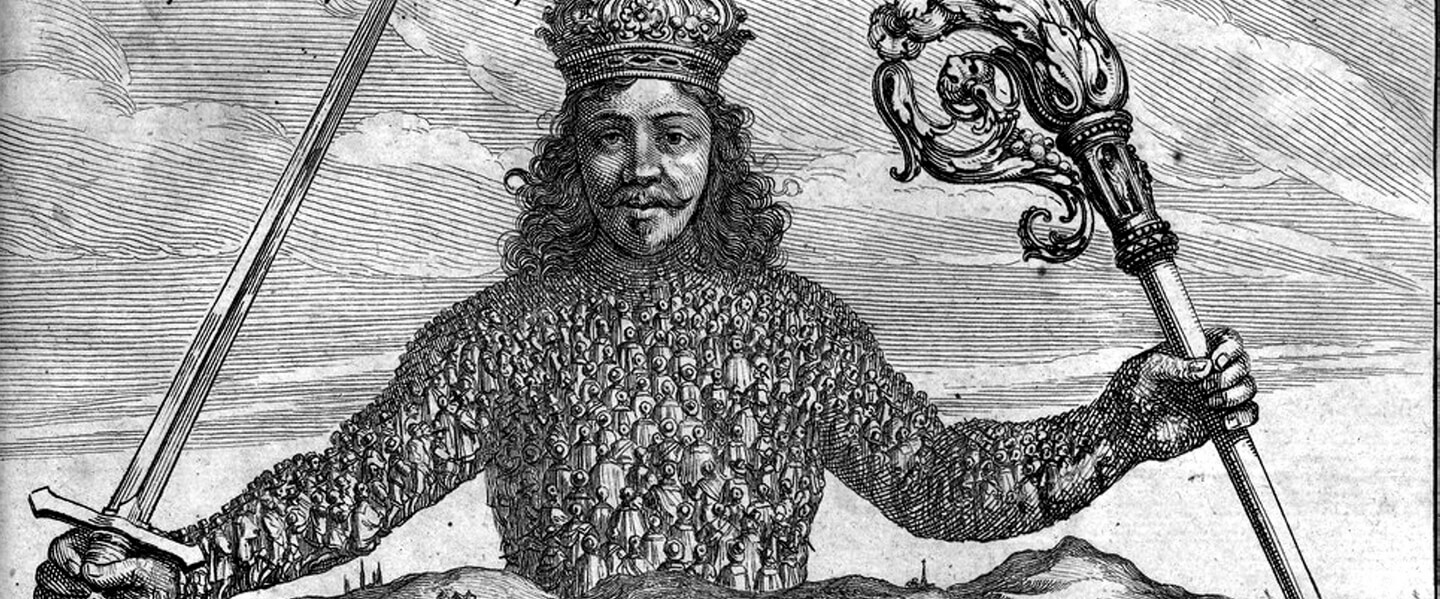I was born in Mexico in a family where medicine was omnipresent. My father, who is a gynecologist, took me from the body of my mother, also a gynecologist, and birthed me in a hospital I would call home for twenty years. My parents are odd in that they built their house in the hospital they run. My mother’s delivery could almost be considered a home delivery. I grew up surrounded by the medical team and a group of people I would end up knowing quite intimately because they were part of the hospital’s daily life. Just like vegetable soup and white rice, the diet of both recovering patients and my own. Just like the nurses, doctors, pharmacists, or cooks I saw parade across from my bedroom. In fact for a long time I didn’t know what intimacy was. It was something that was so foreign to me that the first thing I looked for after leaving my parents’ home was a space inhabited only by myself, hidden from curious onlookers. Perhaps the only time I appreciated having a hospital for a home was the day I had gallbladder surgery. To enter and exit the operation room, I only had to take the stairs. When I was ill, the nurse or doctor were only one floor away. Medicine thus infiltrated every part of my being and that of my siblings to such an extent that out of the six of us, I am the only one studying something other than medicine. I ended up leaving my childhood home to study philosophy, first in Mexico City and, later, in Paris.
Leaving for Paris was not solely a decision involving my desire to pursue my studies. It was also about leaving behind me the asepticized environment that invaded every part of my life. Who would have thought that a year and a half later I would find myself back to square one because of a pandemic? This time around, however, I was not simply the spectator of this biopolitical mise-en-scène, I was also the actor. Mandatory mask, glove usage, one meter distancing between each person, written authorization for each outing and fines in case of a police verification, constant hand washing, and respect for life-preserving gestures. Medicine was again omnipresent for me. The question that haunted me was how to escape it? I wanted to escape it, not run away, like my departure from the family hospital, but to hold fast in the face of a security apparatus that successfully settled over the life of every inhabitant without resistance. It is impossible not to question it from the perspective of biopolitics, especially as a philosophy student. Among the virtues we develop when dedicating our life to thinking is that of finding ourselves in a permanent state of alert regarding symptoms of our world that echo the past. The echoes, far from being filled with the goodness of human actions, are, more than anything, polluted by a history founded upon the correction and execution of human beings. What Thomas Hobbes imagined to be perfect sovereignty, and illustrated perfectly in the frontispiece of Leviathan, was finally achieved in Paris during confinement. It suffices to recall how, in this frontispiece, the city is empty save for the presence of plague doctors and the army. This is exactly what the city of lights turned into four centuries after the publication of this emblematic work of political theory. But did this mean that the People was handing its will over to the sovereign? That all the bodies made up that of the sea monster?
It seems to me that a good deal of ethical and political action in times of confinement, and the times that follow, came from a desire for solidarity that some of us found urgent, a feeling which sought to rid itself from all state directives. Let us not forget that if the state does not want a sick population it is not because lives count but because only healthy, young, and docile bodies can keep a globalized capitalist economy alive. Recall, among other things, the decisions doctors in intensive care units had to make because of the lack of equipment: choose who to save and who to let die. Life as dilemma continues to occupy the center of the political stage. But how, then, are we to find a middle ground? How to act such that what guides us are our thoughts for those who do not have a dignified home free from violence in which to confine themselves, for our elders, for the most precarious workers, for countries like Mexico where pandemics are more deadly than in Europe?
It is Bartleby the writer who gives us the answer. His iconic “I would prefer not to” perfectly encapsulates how only our resistance to accept all governmental injunctions can allow us to face a biopolitics which has established itself over the centuries. This does not mean that no action can occur during our cohabitation with the virus (and those to come). It means that, as Bartleby teaches us, our power to be or do something is also the power to not be and to not do, and must remain central to our analysis of all political phenomena. Faced with the “StopCovid” app that will become after the pandemic a key tool for interrupting all insurrectional thought and practice, it is better to answer: “I would prefer not to.” Likewise, faced with the planned cancellation of in-person classes in schools and universities, spaces that, even though potentially subject to criticism, remain key places where students first experience politics, love, and friendship, we must answer: “I would prefer not to.” It is indeed this expression that ensured that George Floyd’s murder was not kept quiet, even as the United States is the country most affected by the virus. It is this teaching from Bartleby that turned “I can’t breathe” into a breath of life.


